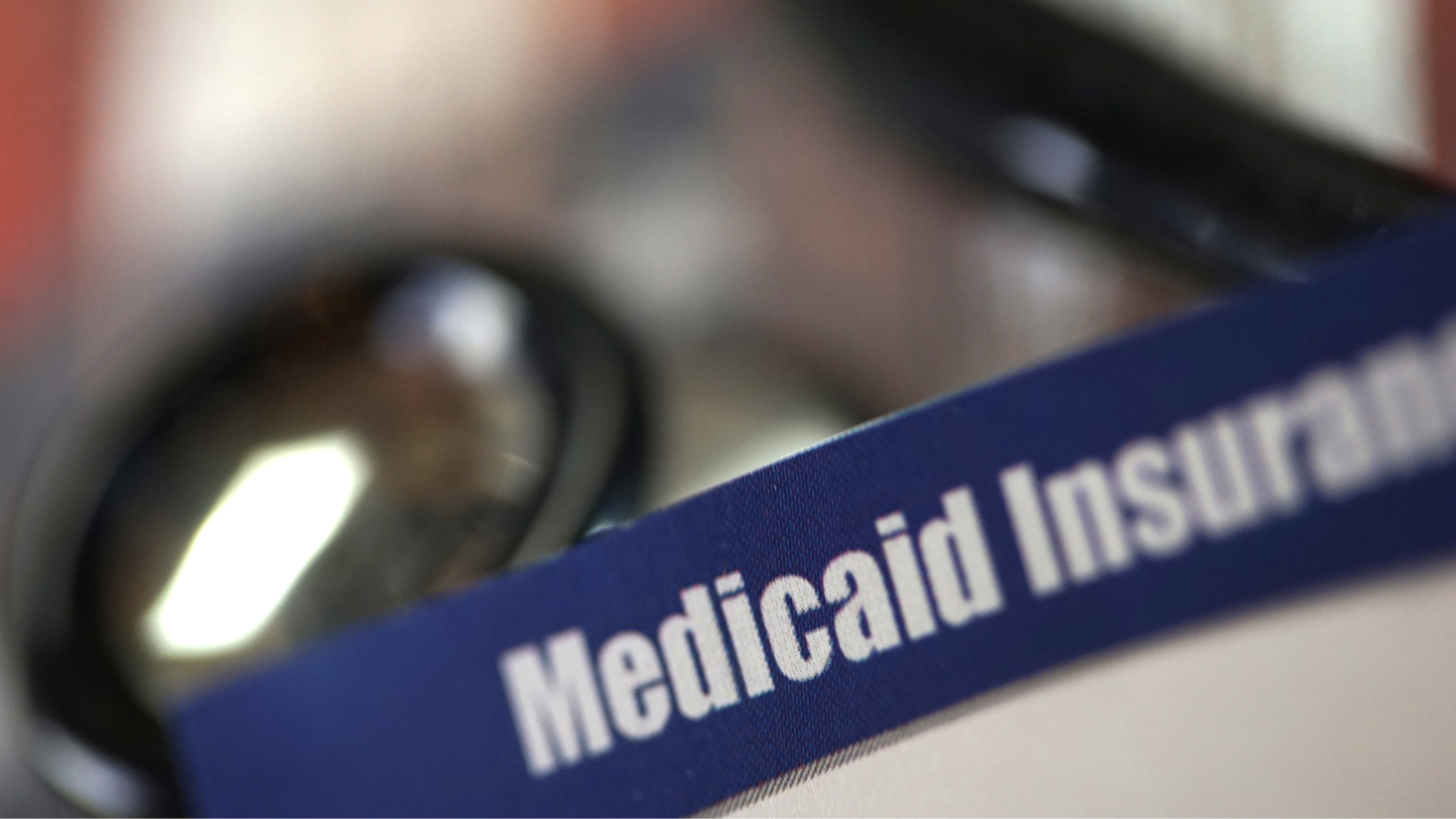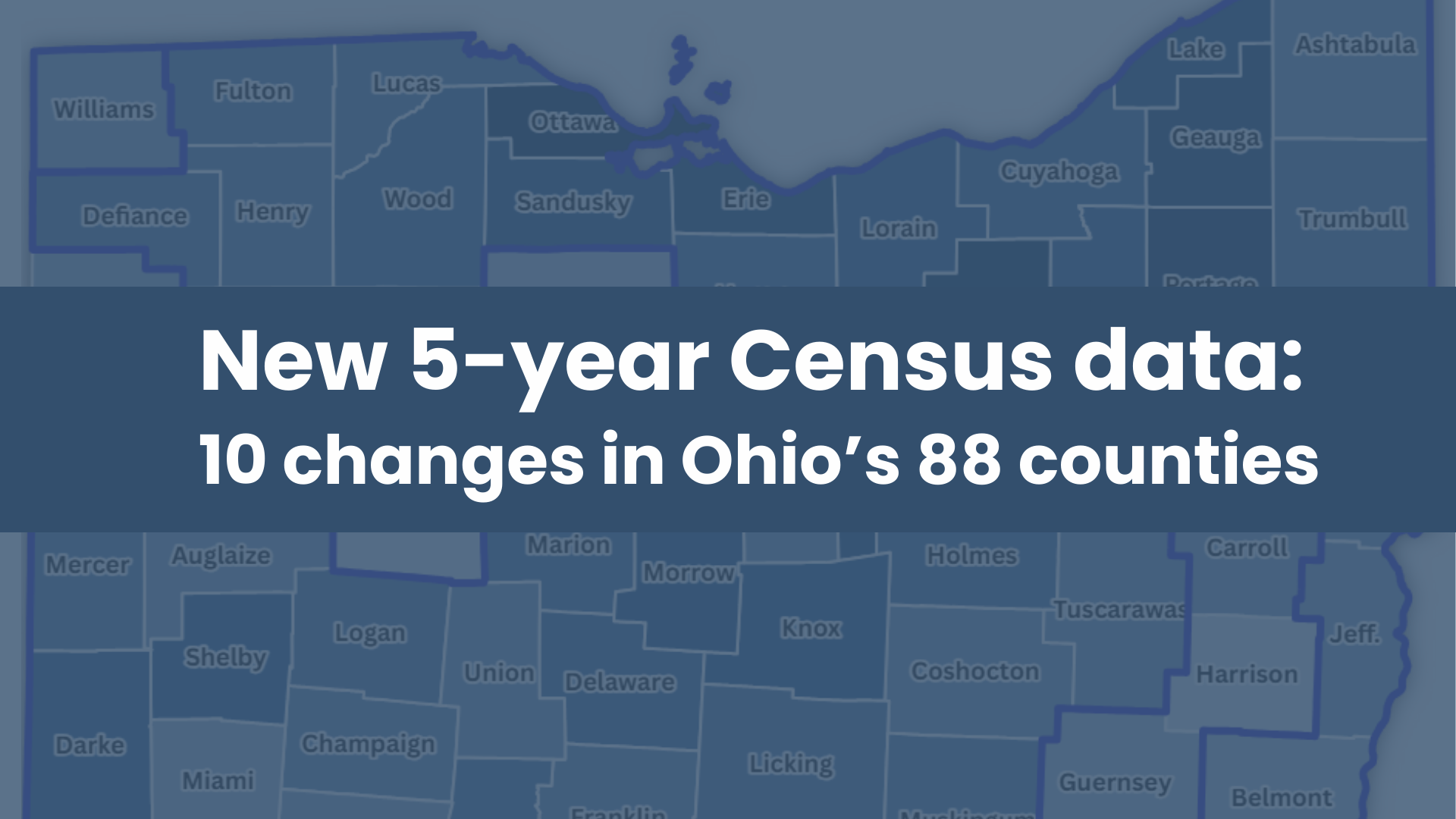The SUD 1115 demonstration waiver is a pilot program meant to offer a comprehensive continuum of care for Medicaid-enrolled individuals with an opioid use disorder or other substance use disorder. A central part of the waiver focuses on enhancing residential treatment services by permitting Ohio to receive federal funding for Medicaid services for individuals with an OUD and/or SUD who temporarily reside in inpatient or residential treatment facilities.
In November 2017, the Centers for Medicare and Medicaid Services (CMS) issued guidance allowing states to develop pilot demonstration projects to treat opioid use disorder (OUD) and substance use disorders (SUD). The proposed demonstration projects would serve as a pilot for more flexible programming. To develop this comprehensive approach, CMS would allow states to use federal Medicaid dollars to waive prohibitions in place that limited the use of certain funds.
The Ohio Department of Medicaid submitted a pilot demonstration project with the aim of threading together more comprehensive coverage for opioid use disorder and substance use disorders.
The Ohio Department of Medicaid (ODM ) submitted a pilot demonstration project with the aim of threading together more comprehensive coverage for opioid use disorder (OUD) and substance use disorders (SUD). The department also requested a SUD 1115 waiver, which would authorize the use of federal financial participation (FFP) for services to residents of an institution for mental disease (IMD). Medicaid institutions for mental diseases exclusion have existed since 1965.
According to the Medicaid and CHIP Payment and Access Commission, “An IMD is defined as a hospital, nursing facility, or other institution of more than 16 beds that is primarily engaged in providing diagnosis, treatment, or care of persons with mental diseases, which includes substance use disorders (SUDs).” Thus, the creation of a project through a pilot demonstration aimed to create a framework for comprehensive residential treatment.
What was the original plan?
According to ODM, during the five-year pilot demonstration period, it would accomplish the following goals:
- Increase rates of identification, initiation, and engagement in treatment for SUD
- Increase adherence to and retention in treatment
- Reduce overdose deaths, particularly those due to opioids
- Reduce the use of emergency departments and inpatient hospital settings for treatment when the utilization is preventable or medically inappropriate through improved access to other continuum of care services
- Reduce readmissions to inpatient hospital settings or higher levels of care when the readmission is preventable or medically inappropriate
- Improve access to care for physical health conditions among individuals with an SUDOn September 24, 2019, CMS approved Ohio Department of Medicaid’s pilot demonstration project to provide this comprehensive framework for treatment of opioid use disorder (OUD) and other substance use disorders (SUD).
The pilot demonstration project is set to expire in 2024. Originally, ODM described the temporary nature of the project as a possible setback, citing concerns regarding program sustainability. In the introductory meetings of 2019, ODM also stated that the program may not continue after the pilot demonstration period, as the Department was uncertain whether they would seek renewal.
ODM’s next open meeting for public comment on the SUD 1115 waiver is scheduled for August 15, 2023.
The Ohio Department of Medicaid’s Progress Since 2017
ODM has maintained that the temporal nature of the pilot demonstration is a possible setback. The SUD 1115 Waiver offered temporary relief, as opposed to a sustainable framework. CMS amended the project this year to reflect the 2024 expiration, updating the midpoint deliverables. CMS approved and the District of Columbia for SUD 1115 waivers, while Arizona, Missouri, and New York await approval. Even so, renewals seem not to follow the same trend.
ODM’s next open meeting for public comment on the SUD 1115 waiver is scheduled for August 15, 2023. During this meeting, ODM will discuss updates on the pilot demonstration.







